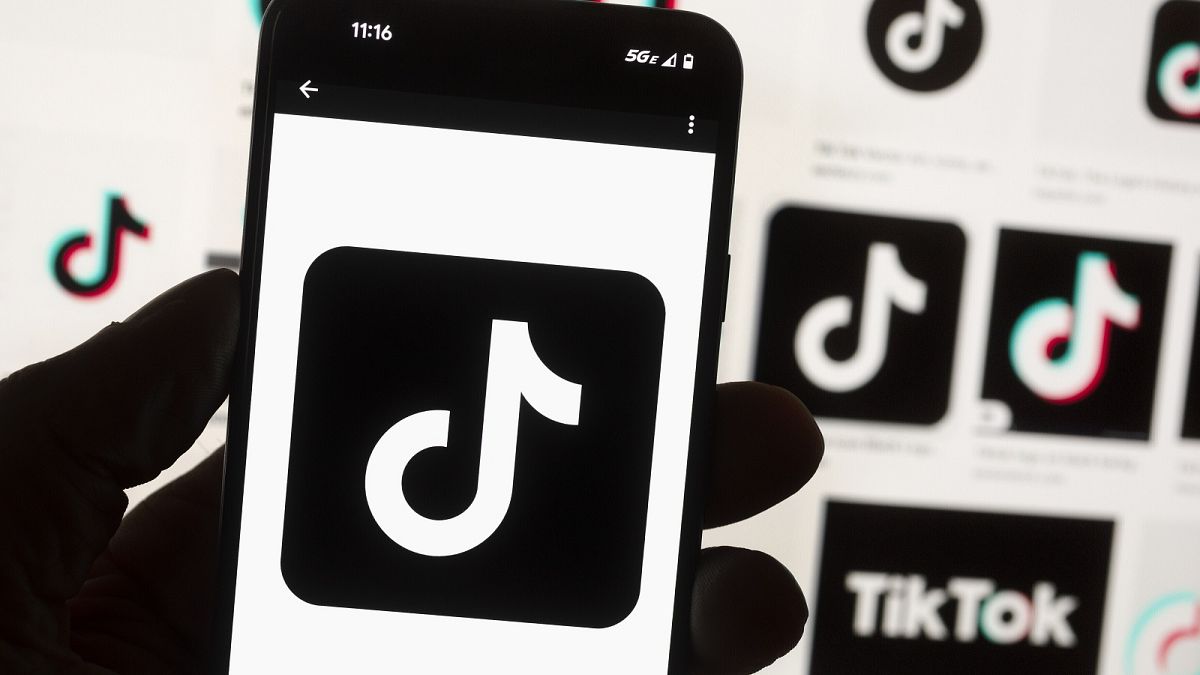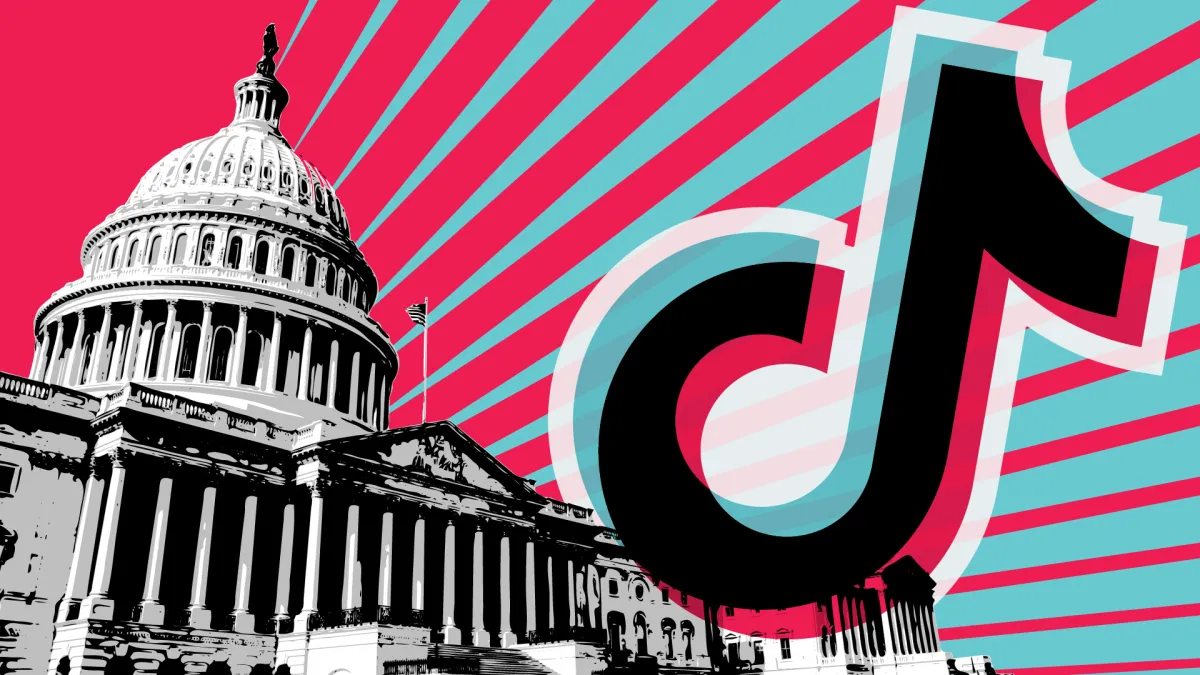TikTok’s lawsuit against the U.S. government marks the latest development in a long-standing battle over the app’s future in the country. The legal action challenges the constitutionality of a law that mandates the sale of TikTok by its parent company, ByteDance, within a year or face a ban.
Central to TikTok’s argument is the assertion that the law violates fundamental principles of free speech and individual liberty enshrined in the U.S. Constitution. The lawsuit contends that the legislation effectively seeks to impose a permanent nationwide ban on a single speech platform, thereby depriving millions of Americans of their right to participate in a global online community.
TikTok also challenges the basis for the law, arguing that the U.S. government has not provided sufficient evidence to justify its claims that the app poses national security risks. The lawsuit suggests that the decision to enact the law was based on speculation rather than concrete evidence, thereby undermining the constitutional requirement for evidence to support restrictions on free speech.

Furthermore, TikTok argues that the law’s requirement for ByteDance to sell the app within a limited timeframe is unrealistic and practically unattainable. The company asserts that even if it wanted to sell TikTok, regulatory hurdles and technical challenges, such as the approval of the Chinese government and the transfer of algorithms, would make it virtually impossible to do so within the specified timeline.
The lawsuit underscores the broader geopolitical tensions between the U.S. and China, with TikTok caught in the crossfire. Allegations of national security risks and concerns about data privacy have fueled efforts by U.S. lawmakers to scrutinize and regulate TikTok’s operations within the country.
The legal battle between TikTok and the U.S. government reflects the complex interplay between technology, national security, and freedom of expression in the digital age. As the case unfolds, it will likely have far-reaching implications for the regulation of social media platforms and the protection of individual rights in an increasingly interconnected world.


















